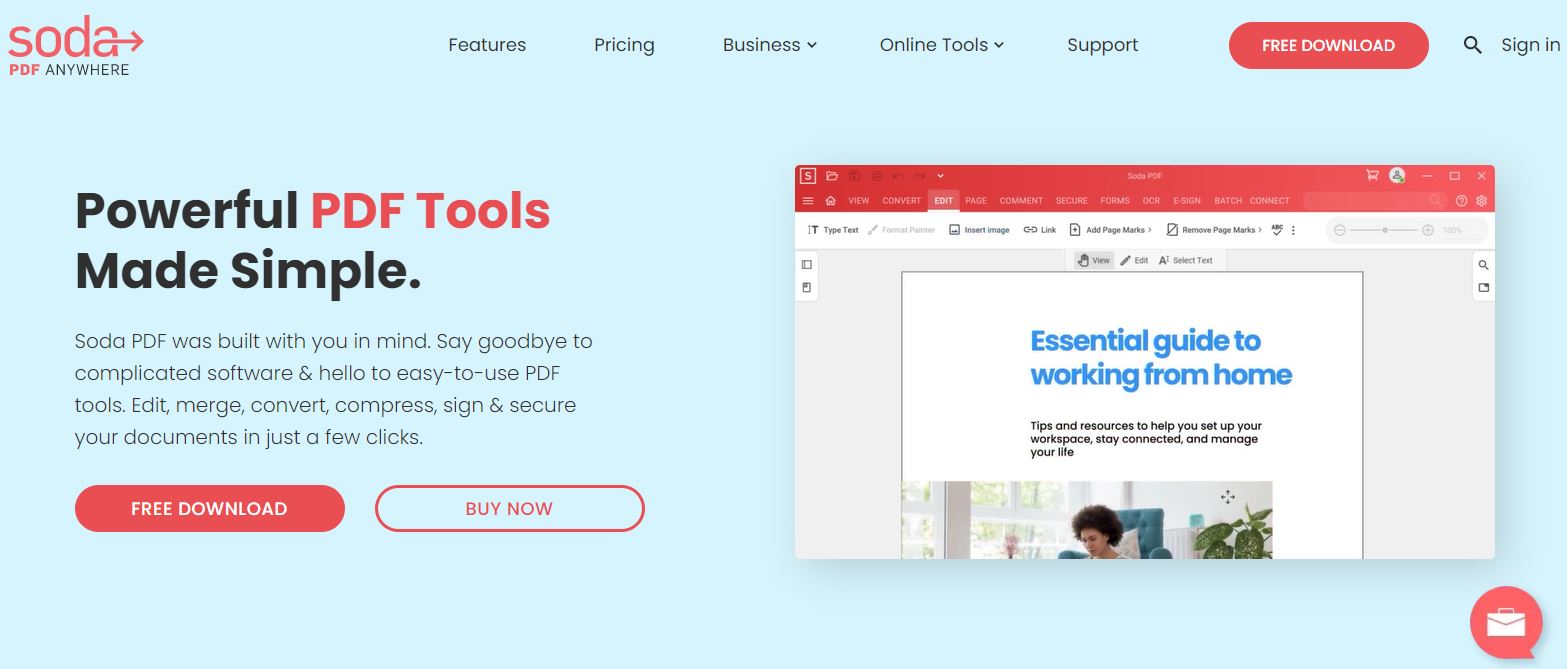In the digital era, the convenience of accessing books online has revolutionized the way students and avid readers consume knowledge and literature. Gone are the days of searching for physical copies or waiting for library loans. Today, almost any book can be downloaded in PDF format and accessed instantly through a wide array of platforms. Understanding how to navigate this digital landscape not only saves time but also opens doors to an abundance of academic resources and literary treasures.
This guide walks you through the step-by-step process of downloading PDF books online. Whether you’re a student in need of textbooks or a book lover looking to expand your digital library, this comprehensive method ensures a smooth and legal path to accessing ebooks from reliable sources.
Step-by-Step Guide to Download PDF Books Online
Step 1: Identify Your Needs
Before diving into online databases or search engines, take a moment to define exactly what you’re looking for. Are you searching for academic textbooks, classic literature, or modern bestsellers? Knowing what you need will help refine your search criteria and reduce the time spent browsing aimlessly.
- For students: Titles, edition numbers, authors, and ISBNs are essential.
- For general reading: Determine if the book is in the public domain or still under copyright.
Step 2: Use Trusted and Legal Sources
Using legitimate sources helps avoid legal issues and ensures that you are downloading safe, malware-free files. Here are some of the most reputable sites to download free or affordable PDF books:
- Project Gutenberg – Great for classic books now in the public domain.
- Open Library – Offers a massive collection of books that are free to borrow in PDF and EPUB formats.
- PDF Drive – Houses millions of free PDF versions of books across all genres.
- Google Scholar – Ideal for research papers and academic PDFs.

Step 3: Search Effectively
Avoid vague or generic search terms. Instead, use specific keywords such as the full title and author’s name. For example, type in “Introduction to Algorithms by Thomas H. Cormen PDF download” instead of just “Algorithms book PDF”. Most platforms offer filters by language, format, year, and author to help narrow your search even further.
Use quotation marks around the book’s title when searching to improve result accuracy. Also, try adding terms like “filetype:pdf” to Google searches for more direct results.
Step 4: Review File Information and Format
Before downloading, ensure the file matches your desired specifications:
- File size: Larger files may indicate complete versions, while smaller ones might be excerpts.
- Format: Confirm that the file format is indeed PDF and not EPUB or MOBI unless those are acceptable too.
- Language and Edition: Always double-check that you’re downloading the correct language and the right edition for academic relevance.
Step 5: Click to Download
On trusted platforms, this will typically be a button titled “Download PDF” or “Get Book”. Some sites may require you to create a free account or log in with a student ID. Once the file is downloaded, you can open it using any standard PDF reader such as Adobe Acrobat, your browser, or a mobile reading app.

Step 6: Organize Your Library
Once you’ve downloaded a few books, keeping them organized is crucial:
- Create specific folders on your device for different subjects or genres.
- Rename files with helpful titles (Author_Title.pdf) for easy recognition.
- Use tools like Calibre to manage and convert ebook formats if needed.
Legal Considerations
Always make sure the books you’re downloading are either:
- In the public domain
- Offered freely by the author or publisher
- Available through institutional access like university libraries
Downloading or sharing copyrighted materials without permission is illegal and unethical. Stick to the sites mentioned earlier or consult your school’s digital library for legitimate access to textbooks and scholarly articles.
Recommended Tools for Reading PDFs
Once you’ve obtained your books, enhance your reading experience using the following tools:
- Adobe Acrobat Reader: The industry standard, with annotation and highlighting features.
- Foxit Reader: Lightweight and efficient PDF reader.
- Sumatra PDF: Great open-source reader for Windows users.
- Moon+ Reader: Perfect for Android tablets and phones with robust features.
- GoodReader: A favorite among iPad users.
Troubleshooting Common Issues
If you encounter problems during or after downloading, here are some solutions:
- Corrupted Files: Try downloading again or use another source.
- Wrong Format: Use Calibre to convert EPUB, MOBI, or other formats into PDFs.
- Access Denied: Check if the site requires registration or institutional login.
Benefits of Reading PDF Books
Compared to traditional book formats, PDFs offer several advantages:
- Portability: Carry hundreds of titles on a flash drive or cloud storage.
- Searchability: Quickly locate text using the search function.
- Annotatable: Highlight text, add notes, and bookmark pages.
- Accessibility: Some PDF readers offer text-to-speech and zoom for low-vision users.
Conclusion
Downloading PDF books online is a practical and efficient solution for today’s learners and readers. With the availability of countless online platforms and digital tools, anyone can build a personal or academic library without ever stepping outside. By following the steps laid out in this article, anyone can access vast literary and educational resources easily, safely, and within legal boundaries.
Frequently Asked Questions
-
Q: Is it legal to download PDF books from free websites?
A: Yes, if the books are in the public domain or the site has rights to distribute them. Always use reputable sources like Project Gutenberg, Open Library, or your school’s digital library. -
Q: Can I read PDF books on my smartphone?
A: Absolutely. There are many apps like Adobe Reader, Moon+ Reader, and Google Books that support PDF reading on mobile devices. -
Q: How can I convert EPUB or MOBI formats to PDF?
A: Use a tool like Calibre or an online file converter such as Zamzar or Convertio. -
Q: Do I need an internet connection to read downloaded PDFs?
A: No. Once downloaded, PDF files can be accessed offline anytime. -
Q: What should I do if I can’t find a specific book in PDF format?
A: Try checking multiple academic databases, reach out to your institution’s library, or consider purchasing the ebook from a reputable retailer.



Leave a Reply